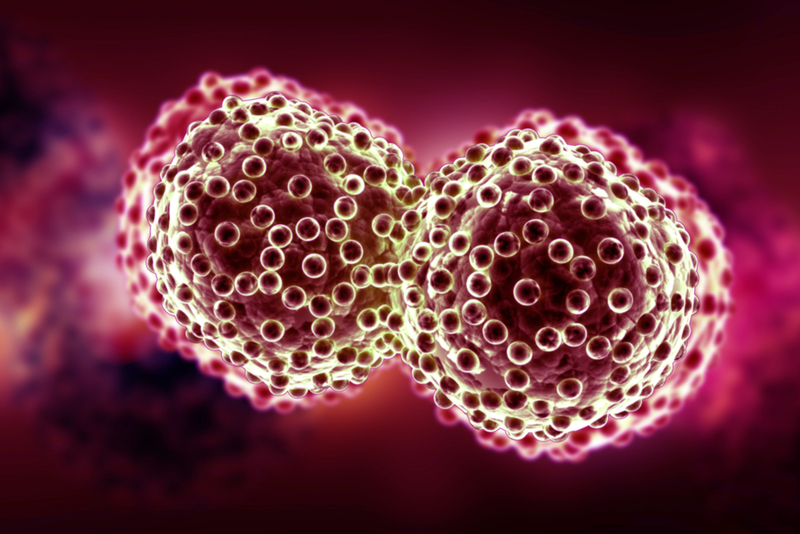Understanding the link between lung cancer and ageing
ANI Jun 29, 2018
The researchers at the Hollings Cancer Center at the Medical University of South Carolina found that human lung cancer cells resist dying by controlling parts of the ageing process.

The discovery could help us better understand ageing and eventually could lead to new treatments for cancer. Besim Ogretmen's team found that cancer cells have specific ways to resist dying the way normal cells do. They do so by protecting the tips of their chromosomes, which hold our DNA, from age-related damage. Ogretmen studies how cancer cells are different than normal cells to understand how cancer grows and spreads in the body. His work is part of a USD 8.9 million program project grant to research how alterations of lipid metabolism affect cancer therapy.
The grant is helping fund a clinical trial of an anticancer medicine to inhibit cellular signalling that helps cancer cells survive. The drug was found to be useful against cancer in the research reported in the group's new paper. As normal cells get older, the tips of their chromosomes, called telomeres, can start to break down, which is a signal for the cell to die. This seems to be part of the ageing process in normal cells. However, cancer cells have developed a way to prevent their telomeres from falling apart, which helps them to live much longer than normal cells. The long life of cancer cells is part of what allows them to grow and spread throughout the body.
In their new paper, Ogretmen's research group discovered a specific way that cancer cells escape death in response to telomere damage. Scientists have known that various types of cancer cells have low levels of a protein called p16. Ogretmen's group found that, when telomeres become damaged by age or in response to chemotherapy, p16 is a type of cellular decision-maker, where it helps cells decide to grow older or to simply die.
"Telomeres are like a biological clock for our cells," said Ogretmen. "In cancer, this biological clock is broken." The researchers found that p16 became most important to cells when their telomeres began to break down. When that happened, p16 rushed into action and pushed cells toward further ageing by inhibiting cell death. To determine the clinical impact of these data, the researchers used a chemical enzyme inhibitor to cause telomere damage in several types of cancer cells, including lung cancer cells. The inhibitor, ABC294640, acts in a way that prevents cancer cells from protecting their telomeres, by inhibiting an enzyme called sphingosine kinase 2. This inhibition was shown to force telomeres to break down.
As a result of this enzyme inhibition, telomeres were damaged, resulting in cancer cell death when p16 levels were low or absent. However, cancer cells with high levels of p16 were able to escape death, and stayed biologically inactive, which was a sign of ageing. "We're excited that there is at least one mechanism that can help us understand how ageing is associated with a higher risk of cancer," said Ogretmen. "And then, can we prevent or better treat the ageing-related cancers by controlling protective effects of p16 for cancer cell death?" The study appears in the Journal of Biological Chemistry.
-
Exclusive Write-ups & Webinars by KOLs
-
Daily Quiz by specialty
-
Paid Market Research Surveys
-
Case discussions, News & Journals' summaries